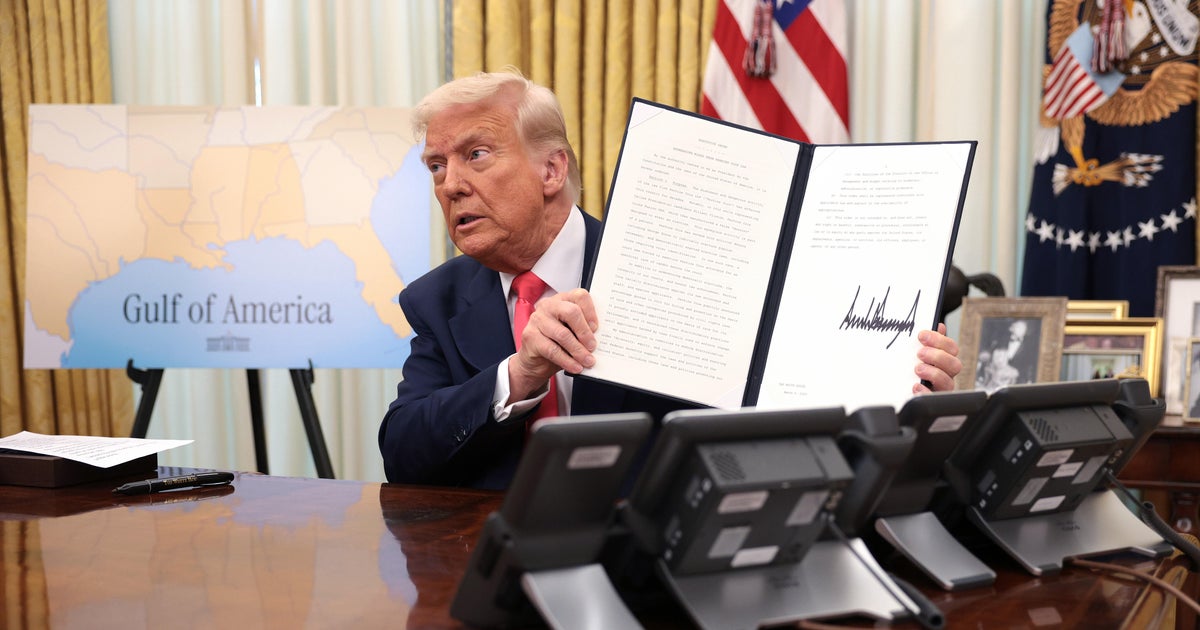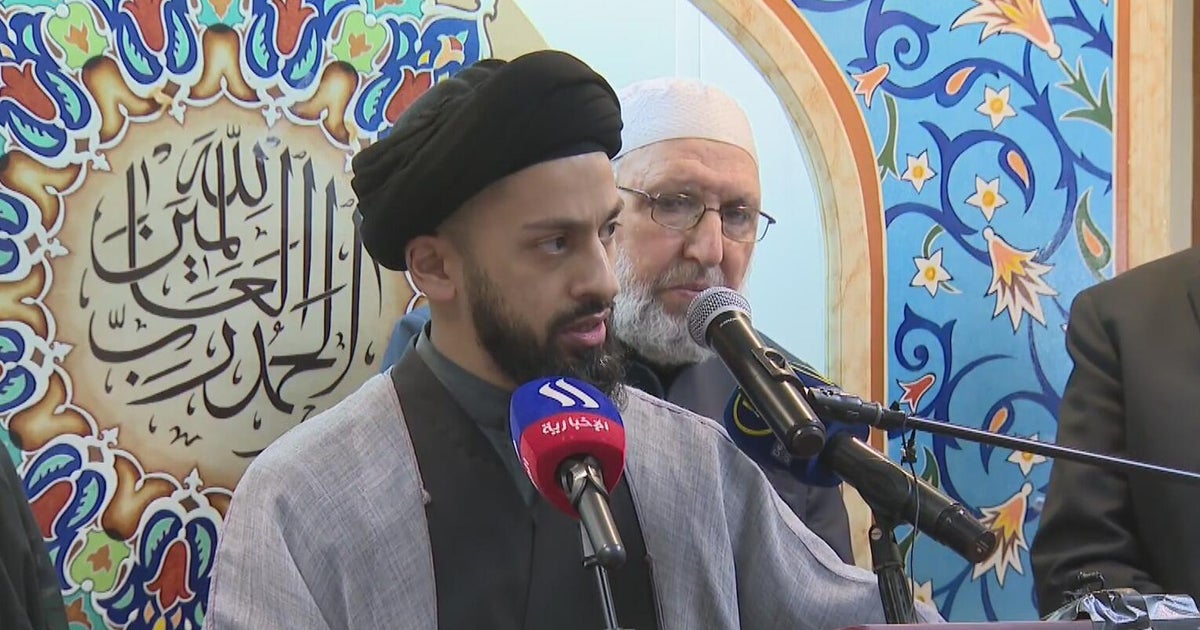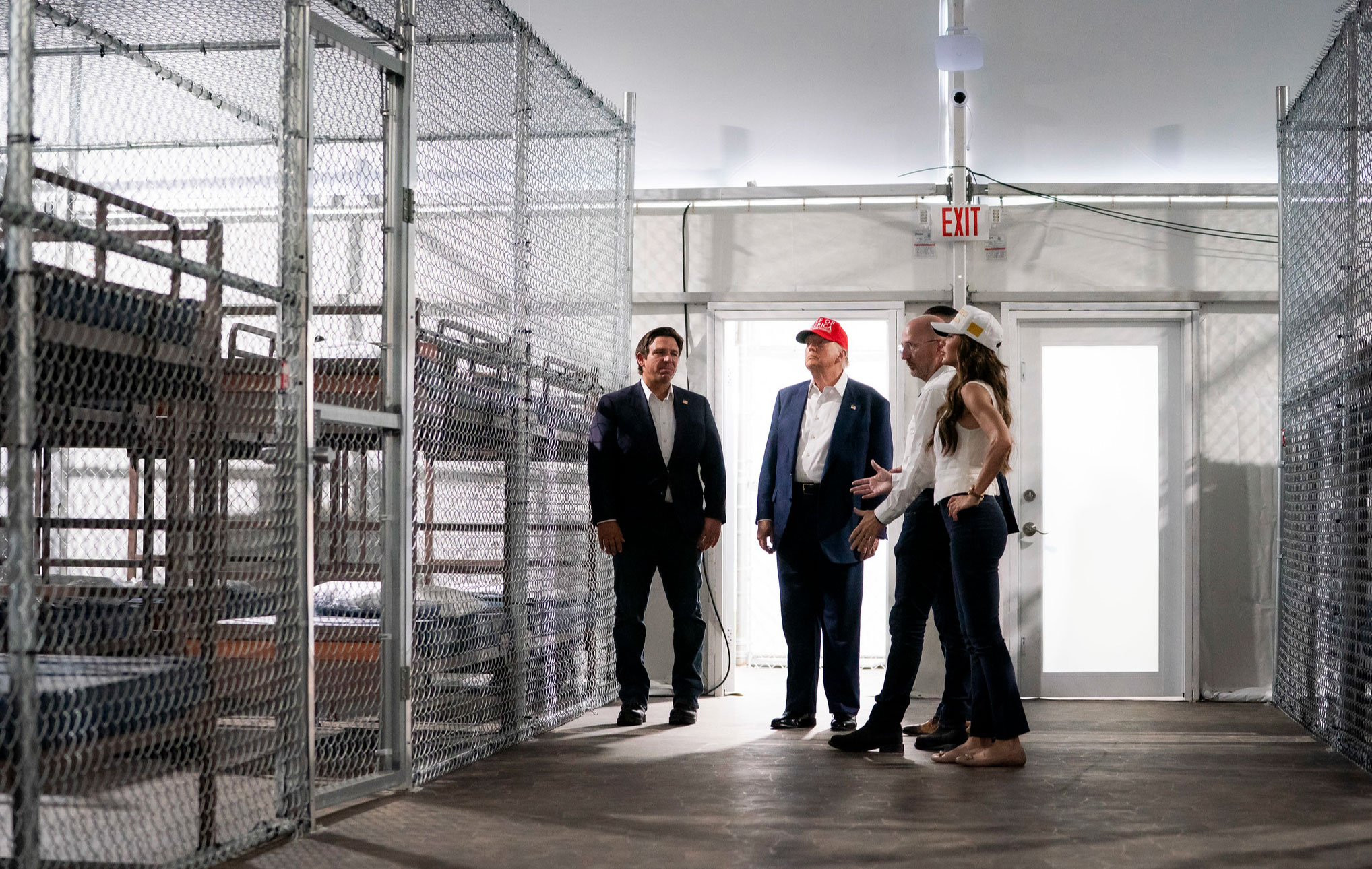“I was devastated”: Trump travel ban's financial pains
President Donald Trump said his immigration ban on citizens of seven Muslim-majority countries is designed to halt terrorism. While the legality and morality of his executive order are currently hotly debated, workers and businesses are also questioning whether it’s backfiring economically.
Airlines have scrambled to comply with the order, with some saying they’ll provide refunds for passengers from the seven banned countries who had booked travel plans. Universities stand to lose $700 million in annual revenue if Mr. Trump permanently extends his ban on immigration and visitors from Iran, Iraq, Libya, Somalia, Sudan, Syria and Yemen, Bloomberg News reports.
Companies including Amazon (AMZN) and Microsoft (MSFT) say the ban will hurt their businesses and the U.S. economy. And Google (GOOG) has launched a $4 million immigration crisis fund.
The issue is particularly acute for academia and the technology industry because 37 percent of Silicon Valley workers were born outside the U.S. About 90,000 visa holders -- including students and business visitors -- are affected by the ban, on top of tens of thousands of green card holders, by one estimate.
“Trump’s actions are hurting Netflix employees around the world, and are so un-American it pains us all,” wrote Netflix (NFLX) CEO Reed Hastings on a Facebook post on Saturday.
Airlines including Dubai-based Emirates said they’re helping affected passengers rebook or offering refunds, if needed. Airlines crews have also been thrown into turmoil, with reports that some have had to switch employees from the seven banned countries if they were set to fly into the U.S. “We have made the necessary adjustments to our crewing, to comply with the latest requirements,” Emirates said in an email to CBS MoneyWatch.
Students and workers with citizenship from the seven countries Mr. Trump blacklisted are now facing a period of deep uncertainty, unsure of whether they’ll be able to reenter the U.S. if they leave. Others who had planned to start working in the U.S. are now in limbo, their visas suddenly invalid.
“I woke up on Saturday morning. I was like, “OK, apparently this has happened,” and I was obviously devastated,” said one Iranian scientist who was about to move from the U.K. to the U.S. when Mr. Trump signed the ban. She asked that her name not be used because she’s hoping to reapply for a U.S. work visa once the ban expires. “I couldn’t sleep for the last two nights. I’ve been crying constantly.”
The president’s directive has uprooted her and her fiance’s long-held plans to start married life together in America. Their February wedding was supposed to be followed by their move to the U.S. a week or two later, where they had both secured jobs at the same university after spending years working in separate locations.
But after quitting her job in the U.K. to accept the U.S. job, she now lacks visas to work in either country. Mr. Trump’s immigration ban is particularly frustrating, she noted, because she had already been vetted and received her U.S. visa when he issued his executive order.
“In the best-case scenario, I can start working within three to six months,” she said. The pair are living on their savings and hoping their situation resolves favorably. She notes that they had already shipped some of their belongings to the U.S. in anticipation of beginning their new jobs later this winter.
Mr. Trump’s immigration ban reflects the rhetoric he espoused on the campaign trail, when he blamed immigrants for everything from crimes to taking jobs away from Americans. Yet there’s little evidence to support his claims.
For instance, research has shown that immigrants overall are less likely to commit crimes than native-born Americans. One economic study forecast that deporting unauthorized immigrants would cost the U.S. economy about $5 trillion in GDP over a decade.
When it comes to visa holders and green card recipients, the stakes may be even higher. Many are highly skilled workers who have immigrated to the U.S. in search of career opportunities.
Still, visa programs have increasingly drawn fire from both conservatives and liberals amid concerns that the current system allows corporations to hire foreign workers at lower wages than American employees would get. The J-1 visa program, designed for cultural and educational opportunities, was described in a 2014 report from the Southern Poverty Law Center as offering corporations “a way to cut labor costs” because employers don’t pay payroll taxes.
Aside from personal economic losses, the executive order may lead to a longer-term problem for the U.S., cautions a petition signed by dozens of Nobel laureates and academics, including finance professor Eugene Fama and economics professor Angus Deaton.
The immigration ban “limits collaborations with researchers from these nations by restricting entry of these researchers to the U.S. and can potentially lead to departure of many talented individuals who are current and future researchers and entrepreneurs in the US,” the petition states.
It adds: “The unethical and discriminatory treatment of law-abiding, hard-working, and well-integrated immigrants fundamentally contravenes the founding principles of the United States.”



